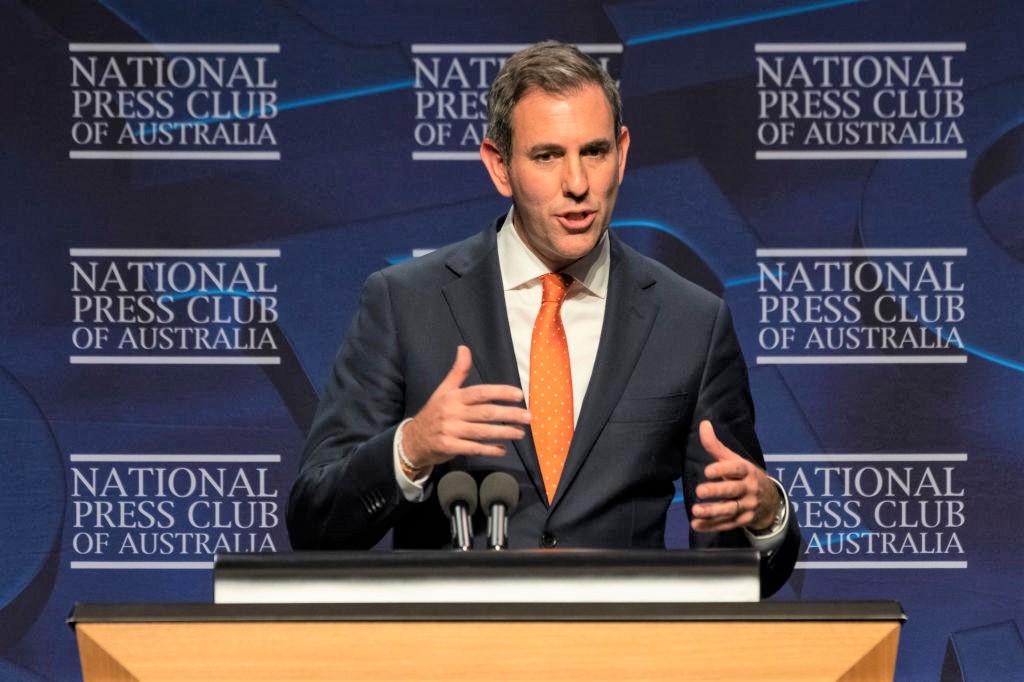Soaring energy prices could “hollow out” Australia’s manufacturing sector in particular, but the government is trying to work out a solution, Treasurer Jim Chalmers said.
At an Australian Industry Group lunch in Canberra on Monday, Chalmers said he was preparing to announce temporary and sensible regulations to address the energy crisis.





